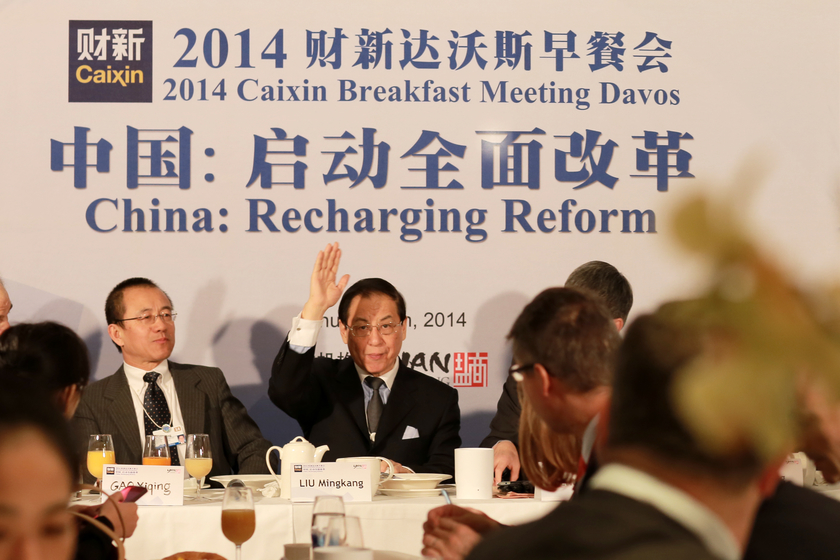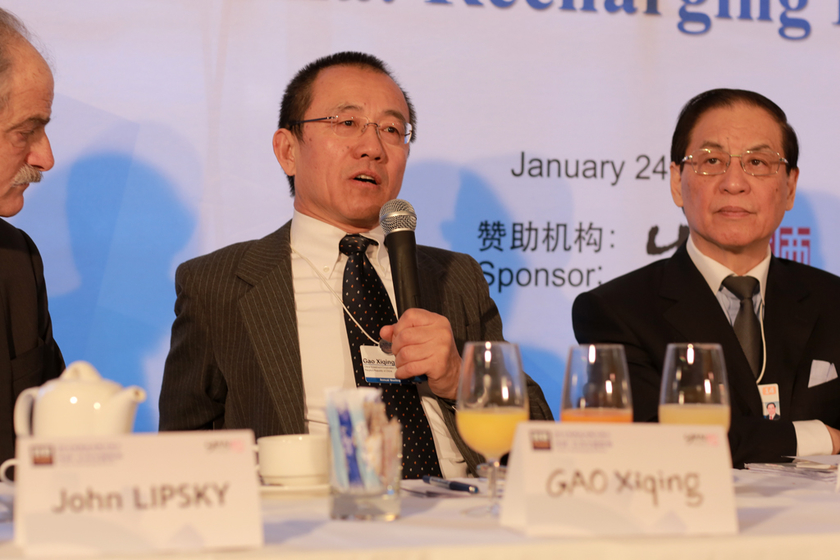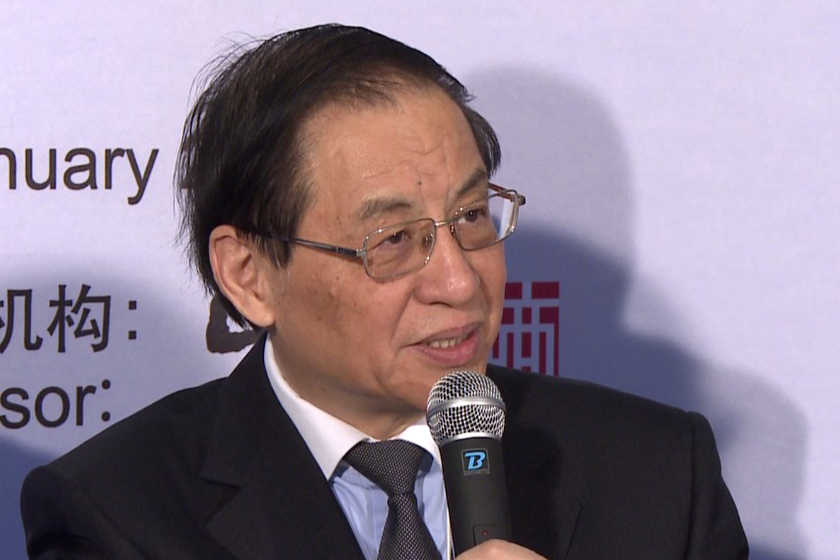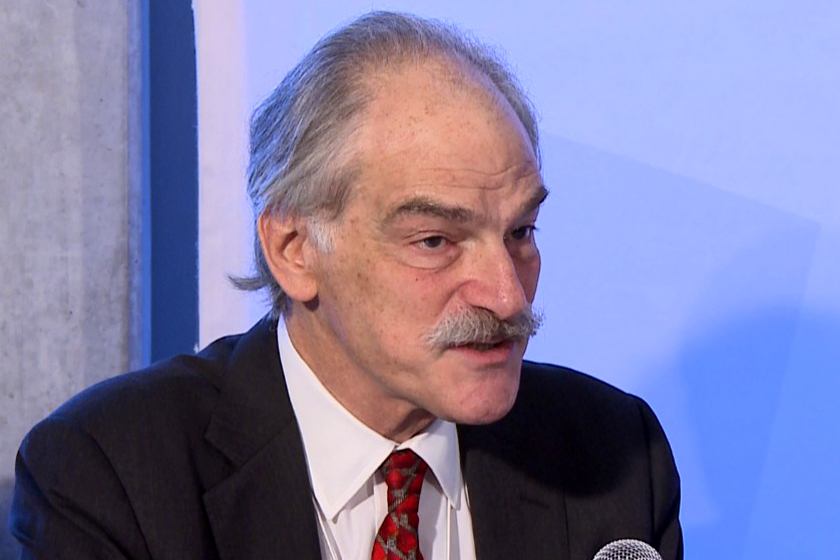
Introduction
- China: Recharging Reform
-
In 2013 the world began to emerge from the shadow of the global financial crisis. But while developed economies go from strength to strength, emerging economies are split; the process of liberalizing global trade and investment is in stagnancy; protectionism is gaining ground, while bilateral and regional treaties are risingagain. Can this world change for the better? This year, China is at a turning point in the course of its development, and the central government has already sent out a strong signal of “intense and comprehensive reform” : the decisive role that the market plays is acknowledged; further reforms in China’s state-funded and state-owned enterprises will be carried out; financial liberalization will be advanced; land reform will rejuvenate the countryside…This comprehensive market-oriented reform will reconstruct China and affect the whole world by 2020.
Reports
- Let 2014 Be the Year of Reform
- The government's Central Economic Work Conference last week set out the priorities and policy directions to further the country's growth. While these are important for economic planning in the short term, reform remains China's best bet for development in the longer term. We should make 2014 the Year of Reform and roll out the many measures proposed by the third plenum of the Communist Party's 18th Central Committee. Things are already moving as far as state-owned enterprises (SOEs) and assets are concerned. Within a month of the launch of the plenum's resolution, Shanghai accelerated its pace of change while Shandong, Guangdong, Chongqing and others have begun to initiate market reform.
- The Winds of Change
- The highlight of the decisions made in this year's third plenary session of the Communist Party's 18th Central Committee was without a doubt reforming the judiciary. There are two major sources of problems in the Chinese judicial system: local government interference in judicial affairs, and excessive entwinement between administrative and judicial bodies. The first thing that needs to go is local interference in the judiciary. As local courts at all levels are not independent, but controlled by party committees and governments at the same level in personnel, financial, facilities and other matters, jurisdiction in legal cases is determined by administrative districts. This makes it impossible for judgments to be made independently, which then makes impartiality a virtual impossibility. The widespread incidence of local protectionism has not only harmed the credibility of the courts, but far worse, has fragmented the national order.
Agenda
- January 24th
| Time | Topic | Speakers |
|---|---|---|
| 07:00-07:30 07:30-09:00 |
Registration China: Recharging Reform |
CAI Fang, Director, The Institute of Population and Labor Economics (IPLE-CASS) GAO Xiqing, Vice-Chairman, National Council for Social Security Fund Peter LACY, Managing Director, Strategy and Sustainability Services, Asia-Pacific, Accenture John LIPSKY, Senior Fellow, the Paul H. Nitze School of Advanced International Studies, Johns Hopkins University LIU Mingkang, Former Chairman, China Banking Regulatory Commission WU Youjian, Chairman, Yanshang Group Co., Ltd ZHU Min, Deputy Managing Director of the International Monetary Fund Moderator: WANG Shuo, Managing Editor of Caixin Media |
如有意愿转载,请发邮件至hello@caixin.com,获得书面确认及授权后,方可转载。
京ICP证090880号 京ICP备10026701号-8 |
 京公网安备 11010502034662号 | 广播电视节目制作经营许可证:京第1015号 | 出版物经营许可证:第直100013号
京公网安备 11010502034662号 | 广播电视节目制作经营许可证:京第1015号 | 出版物经营许可证:第直100013号Copyright 财新网 All Rights Reserved 版权所有 复制必究







